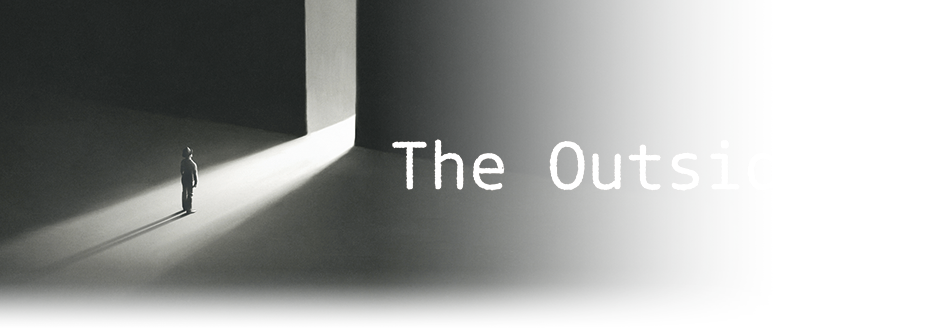
Man is by nature gregarious, with an innate need to belong. Most of us satisfy this need by joining a variety of social groups based upon shared values, beliefs, interests, gender, race and so forth. As described by John Donne, an English poet, in graphic terms almost 400 years ago: “No man is an island entire of itself; every man is a piece of the continent, a part of the main.”
It is natural to identify with groups we belong to; they give us a sense of belonging, making us feel safe and supported in this chaotic, unpredictable world. But if group bonding brings out the best in us, it also brings out the worst. Studies have revealed that merely dividing people into arbitrary groups can lead to preferential treatment towards their own group. People often regard their own group as superior and hold prejudiced views against other groups. History is strewn with accounts of what happened at the extreme.
Literature is awash with attempts to exemplify this aspect of human nature, but none has done it as powerfully and hilariously as The Metamorphosis, a novella considered by many to be Franz Kafka’s magnum opus. It is a story about a travelling salesman, Gregor Samsa, who wakes up one morning to find himself turned into a monstrous vermin. His initial reaction is: How am I going to catch the train to work on time? In his insect form, he suffers not only from wounds inflicted by his father but also from mental turmoil due to alienation and ill-treatment by people around him. Social isolation, along with injuries and starvation, slowly kills him on the inside and he eventually dies alone in his room.
Gregor’s bizarre tale can be read as a metaphor for the discrimination faced by marginalised groups in society. His insect body could be a symbol of skin colour, gender, illnesses, or any circumstances beyond an individual’s control that lead to stigmatisation and prejudice. Through the plight and transformation of this poor salesman, Kafka demonstrates how humans react with hostility towards their fellows who appear to be different. Originally the sole breadwinner and the head of the family, Gregor is devalued and isolated by both society and his loved ones after his metamorphosis. The manager flees the apartment upon seeing his new form. His mother faints at the sight of him. His father is so unsettled that he tries to kill his own flesh and blood. His sister eventually resents him for all the tedious chores she needs to do for him. Frightened by Gregor’s bug-like appearance, they are all unable to recognise his humanity.
The Metamorphosis prompts us to examine our body’s role in shaping our identity. Though Gregor is trapped in the body of a bug, he still has the mind of a human. In spite of his degraded state and negligence by his dearest ones, he still cares for them and holds no grudges. Towards the end of the story, Gregor is drawn out to the living room by his sister’s violin playing. While the other human beings in the room are either distracted or unimpressed, Gregor, despite his non-human form, is moved by the music. He asks himself whether he is really an animal if music could move him so. He thinks fondly of his family until his last moments. This is in stark contrast to their reaction to his death—his father exclaims “now we can give thanks to God” and they all take the day off, celebrating their relief with an outing to the countryside. In his essay on The Metamorphosis, Vladimir Nabokov concludes: “Gregor is a human being in an insect’s disguise; his family are insects disguised as people.”
Sarah Schulman, an American author and queer activist, observes, “Nothing disrupts dehumanisation more quickly than inviting someone over, looking into their eyes, hearing their voice, and listening.” Gregor, however, has lost the ability to speak. Without ever making any attempt to communicate, his family assume that he has lost all other qualities that make him human, and cut him off from society. This compounds Gregor’s misery and eventually leads to his demise. What happens between Gregor and his family is a reminder of how vital conversations and human contact are. Without communication, people are bound to misunderstand each other and inadvertently allow distrust and animosity to take root among groups, races and classes.
Gregor’s transformation may be fictional, but his loneliness and sense of alienation are genuine and real. We have all felt like an outsider at one time or another—a nerd in school, a stranger at a fancy party, the one who is out of place. Gregor’s tragedy reminds us of the need to be empathetic and to rein in the discriminating vermin within. Despite our differences, ultimately we are all part of the human family.












